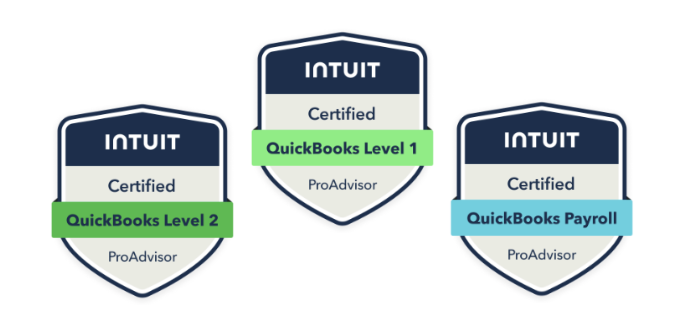Bookkeeping Is Essential for Accurate Estimated Tax Payments
Bookkeeping Is Essential for Accurate Estimated Tax Payments
When it comes to paying estimated taxes, the most important number is your net income — the amount you actually owe taxes on after business expenses. And the only way to know your net income is by keeping accurate, up-to-date bookkeeping records.
Gross Income: What You Bring In
Your gross income is the total revenue your business generates before any expenses are deducted. This includes:
- Sales from products or services
- Income from clients or contracts
- Any other business-related earnings
With proper bookkeeping, all incoming funds are tracked and categorized, giving you a clear picture of your total earnings over time. This is the starting point for all tax calculations.
Business Expenses: What You Spend to Operate
Accurate bookkeeping also tracks your deductible business expenses, such as:
- Office supplies and equipment
- Marketing and advertising
- Travel and mileage
- Rent, utilities, and internet
- Software and subscriptions
- Employee or contractor payments
Every expense reduces your taxable income, meaning it directly affects how much you owe in estimated taxes. If you're not recording expenses properly, you could be overpaying taxes on income you never really kept.
Net Income: What You Actually Pay Taxes On
Your net income (also known as “taxable income”) is what remains after subtracting your business expenses from your gross income.
Formula:
Gross Income – Business Expenses = Net Income
This is the number you use to calculate:
- Federal and state income taxes
- Self-employment tax (for Social Security and Medicare)
- Estimated quarterly tax payments
If your books aren’t current, you might:
- Underestimate your income and underpay taxes — leading to IRS penalties
- Overestimate your income and overpay — giving the government an interest-free loan
Bottom Line: You Can’t Guess Your Way Through Estimated Taxes
You might be tempted to make “ballpark” payments based on your bank account or last year’s tax return, but this is risky and often inaccurate. Business income fluctuates, especially for freelancers, seasonal businesses, or new entrepreneurs.
With up-to-date books:
- You know exactly what you’ve earned
- You can project income for the rest of the year
- You’re making informed, accurate estimated payments — avoiding surprises in April
Summary:
Bookkeeping is not just about organizing receipts — it’s the backbone of your tax planning. It ensures you pay exactly what you owe (not more, not less), and it keeps your business IRS-compliant.



